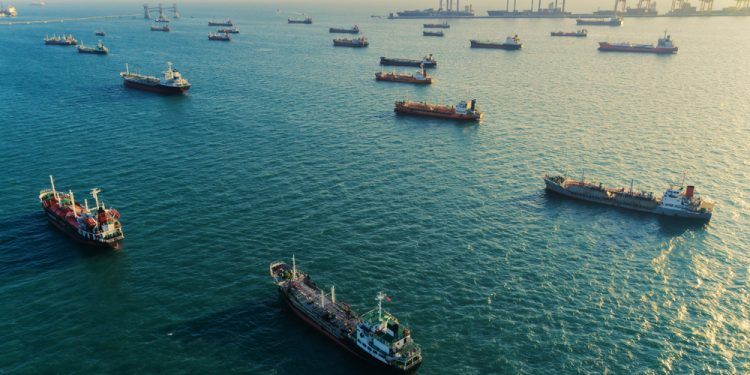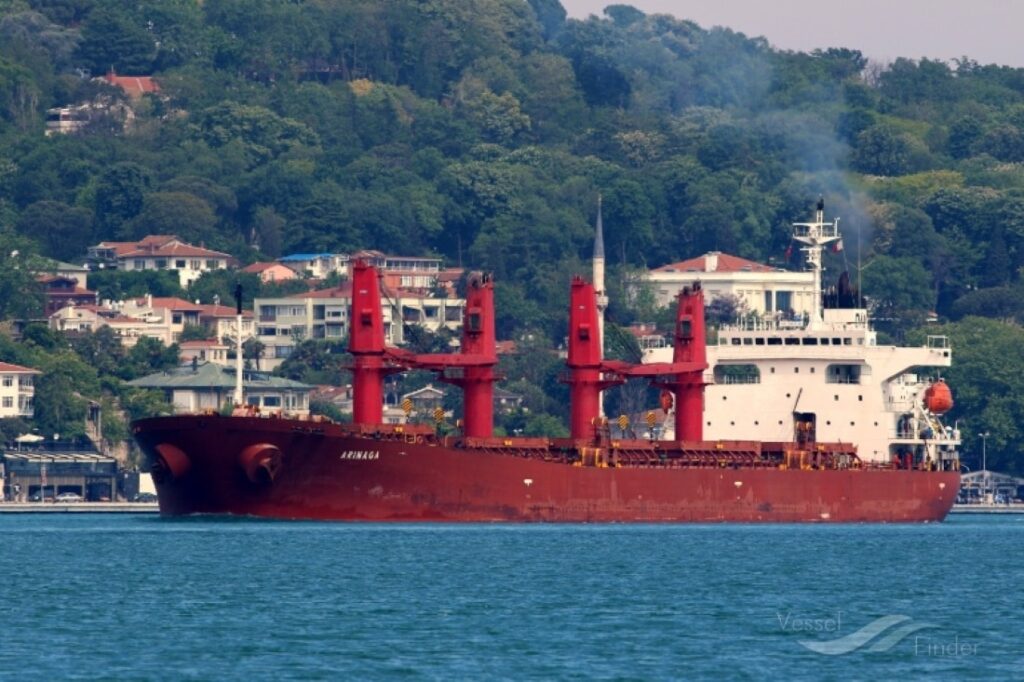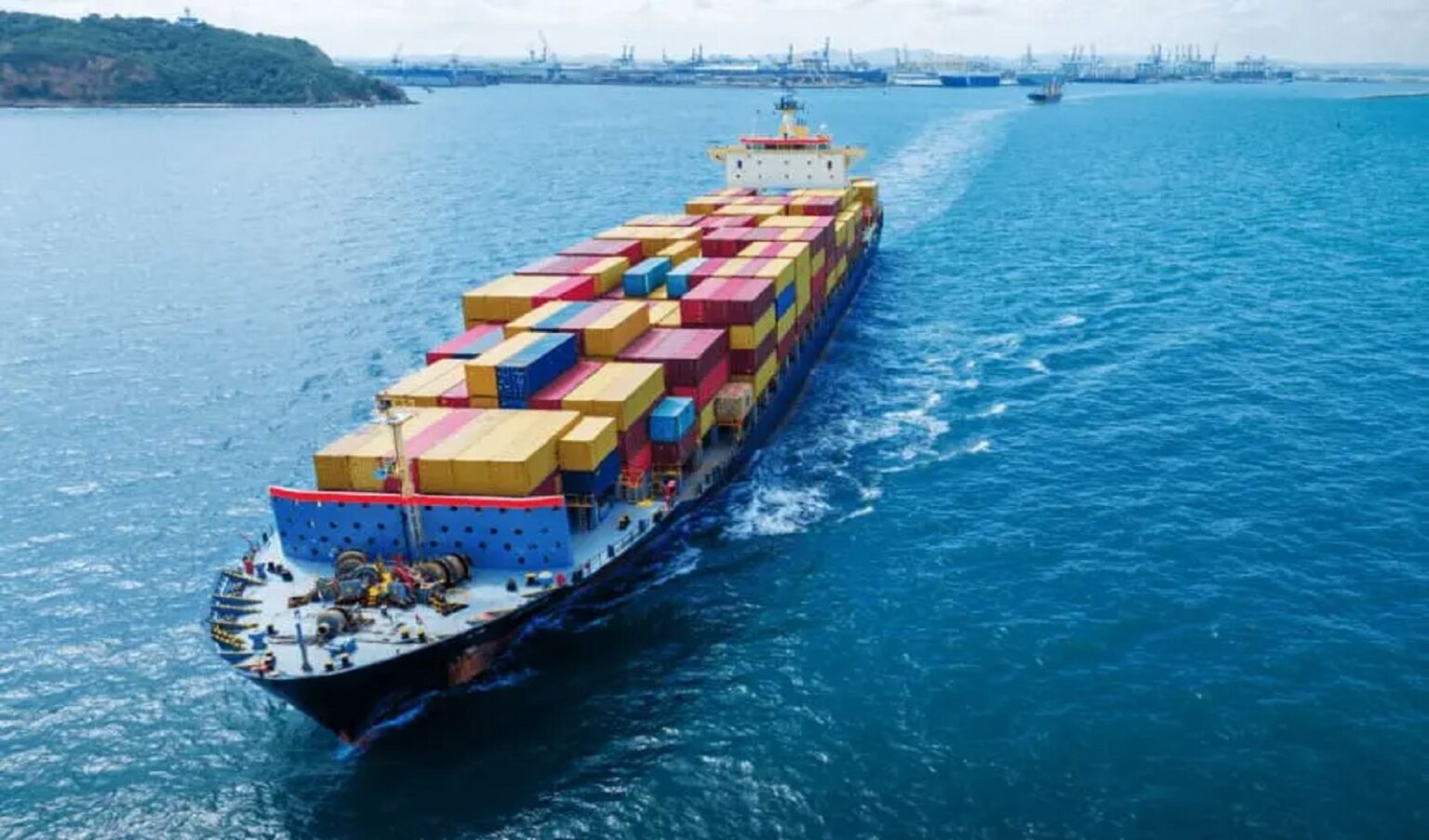In the bustling maritime corridors of the UAE, a shipping company recently faced a challenge that no one anticipated. A sudden engine failure during a critical voyage left their vessel stranded miles from its destination. This breakdown halted operations, disrupted supply chains, and caused financial losses that ran into millions.
Shipping in the UAE is not just a business it is the backbone of trade in a country that depends heavily on imports and exports. Ports like Jebel Ali in Dubai, Khalifa Port in Abu Dhabi, and Port Sultan Qaboos in Oman are vital links in the region’s logistics network. For companies operating here, any delay has ripple effects that extend far beyond the immediate financial losses, affecting businesses, employees, and the customers waiting for their goods.
The incident triggered an immediate notification to the insurer, as per standard practice. The shipping company expected swift action, assuming that their comprehensive coverage would protect them from such unforeseeable events. However, the insurer’s response was far from what the company anticipated.
The Denial That Sparked a Legal Battle
The company alleges that the insurer refused their claim, citing ambiguous reasons. This denial has forced the company into a legal struggle to recover losses and protect its reputation. Legal experts note that such disputes are not uncommon in maritime insurance, where interpretations of policy clauses can vary significantly.
For the shipping company, the fight is not just about money. It is about ensuring accountability, fairness, and the principle that contracts must be honored in times of crisis. The decision to pursue legal action signals a commitment to these principles and highlights the resilience required to operate in high-stakes international logistics.
Navigating the Complexities of Maritime Insurance
Maritime insurance is a highly specialized field. Policies cover hull damage, machinery breakdown, cargo loss, and liabilities arising from accidents at sea. In the UAE, maritime insurance is governed by Federal Decree by Law No. (43) of 2023, which defines the rights of insurers and the insured.
Articles 286, 310, 312, and 317 outline the execution of ship insurance contracts for single or multiple voyages, and cover vessels for a fixed period. Insurance generally protects the ship’s hull, machinery, and other accessories. Coverage also extends to accidents, even those caused by unintentional human error.
The dispute highlights the challenges of interpreting complex insurance contracts, particularly when incidents like engine failures occur. Was it maintenance-related? Was it unavoidable? These questions are central to both the claim and the legal battle.

Understanding Engine Failures in Maritime Operations
Engine failures are one of the most critical emergencies in maritime operations. Ships are complex machines, and their engines are among the most vital components. A sudden breakdown can immobilize a vessel, endanger cargo, and disrupt schedules.
Engine failures can result from mechanical faults, human error, poor maintenance, or manufacturing defects. Shipping companies invest heavily in preventive maintenance, but no system is entirely foolproof. When such failures occur, they test not just technical resilience but also contractual and financial safeguards like insurance policies.
Human Stories Behind the Incident
While much of the focus is on contracts and claims, the human element of this incident cannot be ignored. Crew members stranded at sea face stress, fatigue, and uncertainty. Staff at the shipping company must manage client expectations, coordinate repairs, and handle insurance disputes—all under immense pressure.
Employees often work long hours to prevent delays from escalating. Operations managers, logistics planners, and customer service teams are under constant strain to ensure that supply chains keep moving despite unforeseen setbacks. The engine failure thus becomes more than a technical failure; it’s a test of human resilience, coordination, and problem-solving.

Legal Perspectives on Maritime Disputes
Legal experts argue that this case could set a significant precedent in UAE maritime law. Interpreting insurance contracts in cases of mechanical failure can influence future claims, dispute resolutions, and even regulatory standards.
Courts may consider whether the engine failure was due to negligence, unforeseeable circumstances, or design flaws. The shipping company’s lawyers argue that it was unforeseeable and that the insurer is contractually obligated to compensate for losses.
Insurance law specialists stress that the outcome may affect not only the shipping firm but the broader industry. Insurers may revise policies, companies may demand stricter contract enforcement, and regulators may implement clearer standards to prevent similar conflicts.
Economic Implications for UAE Trade
The UAE’s economy relies heavily on maritime shipping. Delays caused by incidents like this have cascading effects on trade, retail, and logistics. For instance, ports may experience congestion if ships are immobilized, and businesses depending on timely delivery may face shortages.
The shipping sector is vital for the flow of goods such as food, electronics, and raw materials. Any disruption can affect prices, supply chains, and even employment. The legal battle for compensation thus carries economic significance far beyond the affected company.
Industry-Wide Lessons and Reforms
Industry stakeholders are taking note. Experts suggest that insurance contracts need clearer definitions regarding mechanical failures, liability, and maintenance responsibilities. Some argue that stricter preventive measures, mandatory maintenance audits, and clearer dispute resolution mechanisms could help prevent future conflicts.
The case also emphasizes transparency. Companies must ensure policies cover a broad range of contingencies, and insurers must respond quickly to claims to avoid prolonged legal battles.
The incident may prompt the UAE government and port authorities to strengthen oversight and set clearer standards for maritime safety and insurance compliance.
Conclusion: Resilience, Responsibility, and the Future
The UAE shipping company’s fight for compensation is more than a legal matter; it is a story of resilience, accountability, and industry evolution. By standing firm, the company is defending its rights and sending a message about the importance of fairness and contractual integrity.
This incident underscores the unpredictable nature of maritime operations, the complexity of insurance coverage, and the human effort required to manage crises. Its resolution will likely influence not only the company and its insurer but the entire UAE shipping industry, guiding policies, practices, and expectations for years to come.
Do follow Gulf Magazine on Instagram.
Also Read – Aurantius Real Estate Expands in Dubai JBR Strategic Office Launch & Growth



